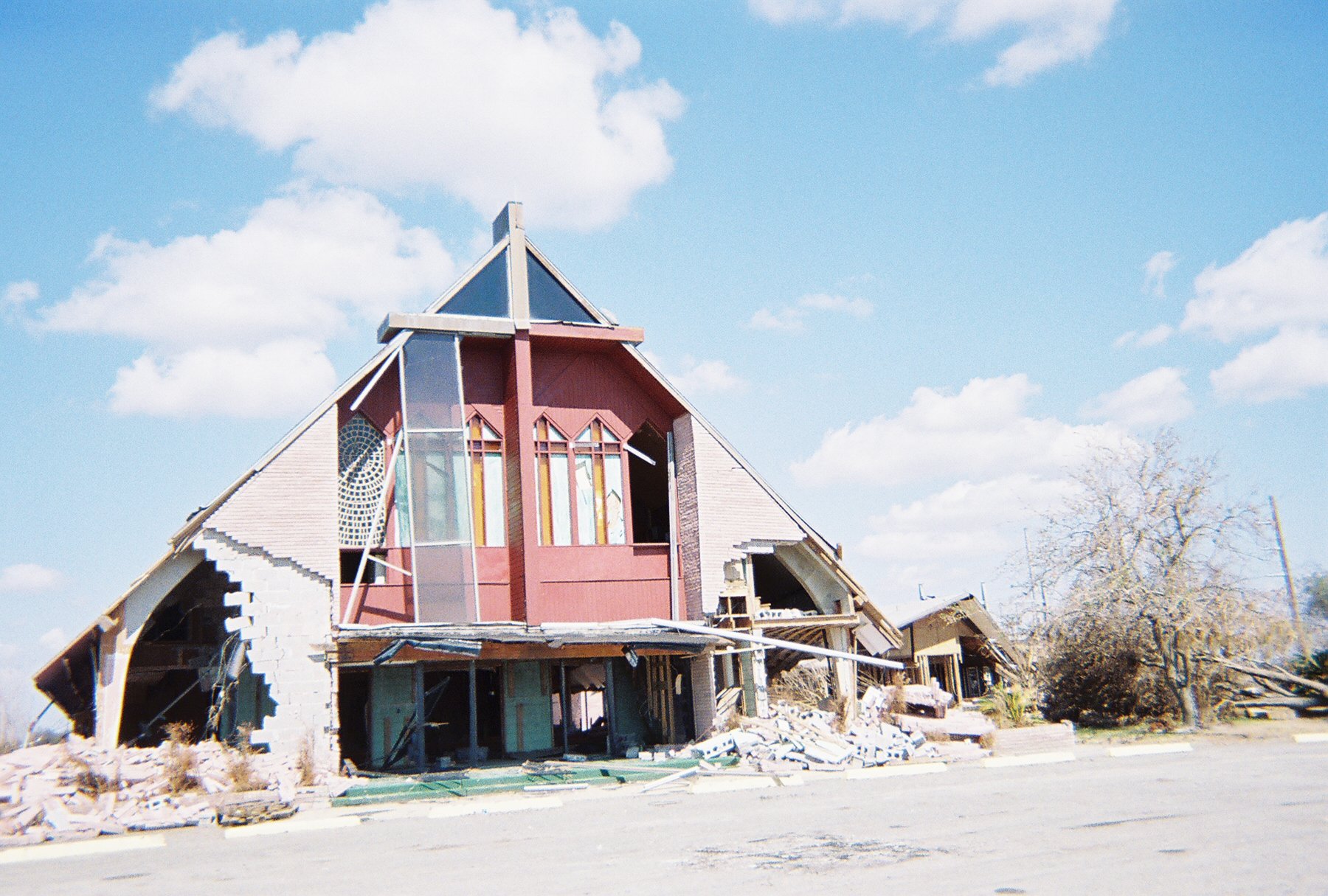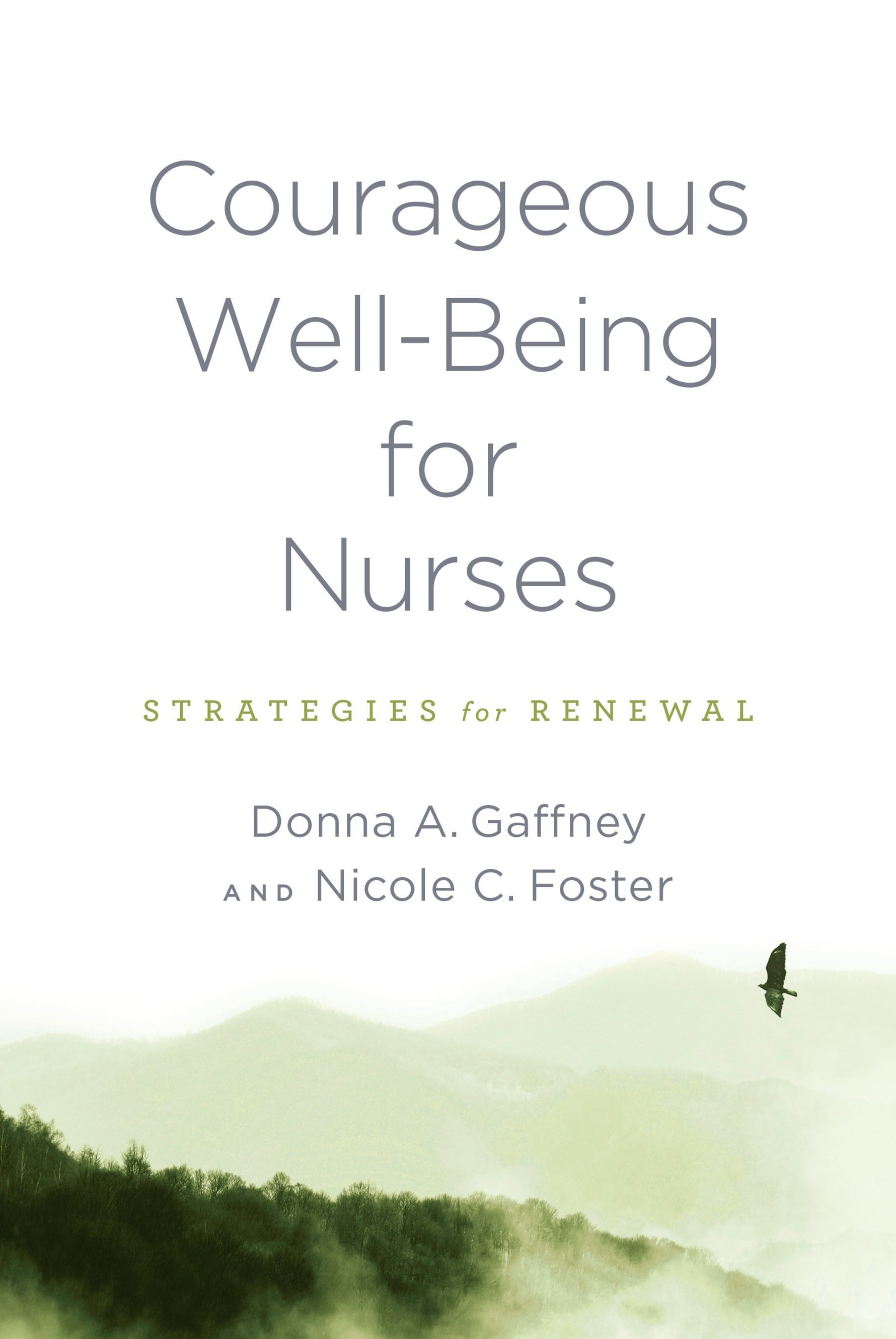Nurses & Their Well-Being
As an advanced practice psychiatric mental health nurse, I know all too well how our work affects the body, mind, and spirit. It can take a damaging toll on us. I remember caring for a woman with a burst aortic aneurysm who was dying. In a strange twist of fate, two days earlier, my grandmother had died from the same condition. I was a young student, and I didn't think I could cope. Hoping she would spare me the emotional burden of reliving my grandmother's death, I told my clinical instructor. Did I ask her to spare me? I can't remember. I vividly remember caring for my patient—her face, position in bed, the bleeding, and the code. I don't recall words of comfort or solace from my instructor. Maybe she said them, but I have no recollection. Several years later, as a new nurse, I cared for a young girl with leukemia; she was kept in an isolation room. It was just the two of us for five days. I came home and cried the day she died. It wasn't until I was in graduate school that I recognized how those painful moments took a toll on me. I vowed then to address my colleagues' psychological needs, change how we educate nurses, and offer support in clinical settings.

WITNESSING THE TRAUMA OF OTHERSOne of the first support groups I facilitated was at a large university medical center's Neonatal Intensive Care Unit (NICU). The NICU nurses had experienced many deaths and were reeling from overwhelming grief. I will never forget how they described their relationships with these tiny human beings and their families. They brought clothes for the babies and became like family members themselves. One session brought home the intensity of their role with surprising clarity when one of the nurses told the group, "I cannot get these babies out of my mind. I think about them all the time. I feel as if they are with me at home." Then she added, "I might as well buckle them in the back seat of my car!" The preemies had a strong presence in the nurses' professional and personal lives. The nurses struggled to cope. They needed psychological tools and strategies to manage their lives and to give them respite.
In 1994, New York Times op-ed columnist Anna Quindlen brought long-overdue attention to the care and treatment of sexual assault survivors. Her 700-word column, read by 6 million people, described an Oklahoma program offered by sexual assault nurse examiners (SANEs). The nurses delivered sensitive care and skillful assessment of sexual assault survivors. Several programs like the one Quindlen described had existed for nearly twenty years in several parts of the country, but her words were the media spark that changed everything. I became involved, trained as a SANE, and was on call when a sexual assault survivor came to my local hospital. While teaching at Columbia I designed a SANE education program, knowing that increasing awareness about the trauma of sexual violence was crucial. Facing trauma in our patients and the workplace leaves us exposed. Although wired to be compassionate, that circuitry can also leave us vulnerable to empathic distress fatigue, secondary traumatic stress, and burnout. When nurses witness their patients' trauma, it takes a toll, no matter how well-prepared they are.

DISASTERIn 2005 Hurricane Katrina devastated the Gulf states and required a massive response from the healthcare community. It was the beginning of the semester, and I decided to offer my graduate students a new and timely clinical placement—deployment to Louisiana. One week later, we traveled to New Orleans and Western Louisiana. I encouraged them to process and write about their experiences upon our return to campus.

As forensic nurses, we are confronted with survivors' trauma that is palpable and hangs in the air as thick as smoke. It cannot be ignored or diminished. The skills of psychological first aid, "active lurking," and compassionate listening become the critical components to the success of our roles. But watching and listening to the tragedy in another's life takes a toll unless we take precautions. Bearing witness leaves us vulnerable to the intrusion of vicarious trauma.
Donna Gaffney
“A Disaster of Unspeakable Proportions”
Bullying
In 2010 I joined with colleagues to make sense of an ongoing problem in nursing—bullying. Deliberate, repetitive, and aggressive bullying behaviors among nurses were causing psychological and physical harm and disrupting nursing care. Using an online survey, we invited nurses across the United States to share their experiences with bullies and bullying in the healthcare system. New and seasoned nurses from all educational backgrounds and in diverse working settings responded. When asked to describe a bullying situation, they provided detailed narratives. Nurses confronted with workplace bullying, engaged in the process of trying to "make things right." They placed bullying in context, assessed the situation, took action, and judged the consequences of their actions. The nurses in this study did not hesitate to acknowledge their shortcomings and were willing to offer their own "theories" as to the motivations of others.
The climate of bullying revealed itself to nurses as they witnessed the mistreatment of their colleagues. They described the reactions of those targeted and wept over the silence of the bystanders. We must do better, and we must be upstanders.
The Pandemic
Nothing in our past could have prepared us for the coronavirus pandemic, not AIDS, SARS, Hurricane Katrina, or 9/11. Nurses, more than any other group of healthcare professionals, have been directly and acutely impacted by this public health crisis. They sacrificed their personal lives for the care and well-being of others. The physical, emotional, and social consequences of COVID-19 extend far beyond the acute phase of the pandemic. Although we were, and still are, in uncharted territory, we possess effective strategies and solutions to combat the ravages of this pandemic or any other public health crisis—for our patients, our profession, and ourselves. Just weeks into the pandemic, I was approached by Rutgers School of Nursing. They needed educational programming to help nurses cope. Over the course of four weeks, I presented eight webinars, "Healing Ourselves While Healing Others." The webinars are still free for current students, alums, faculty, and the nursing community.
Courageous Well-Being for Nurses
By the fall of 2020, the Rutgers team created an essential ongoing resource for nurses, Virtual Schwartz Rounds, offered by the New Jersey Nursing Emotional Well-Being Institute. Based on the Schwartz Rounds model, these sessions are held monthly via Zoom for all interested nurses—with free continuing education credits. As a regular facilitator of these one-hour sessions, I have gained a greater understanding of the issues facing professional nurses today. These riveting stories can serve as a guide to help future generations and the healthcare institutions that employ them.
Based on my work with nurses coping with work-related stress and trauma throughout my career and during this most recent healthcare crisis, I wanted to write a book for them. My co-author Nicole Foster and I are honored to bring Courageous Well-Being for Nurses: Strategies for Renewal to nurses everywhere.



